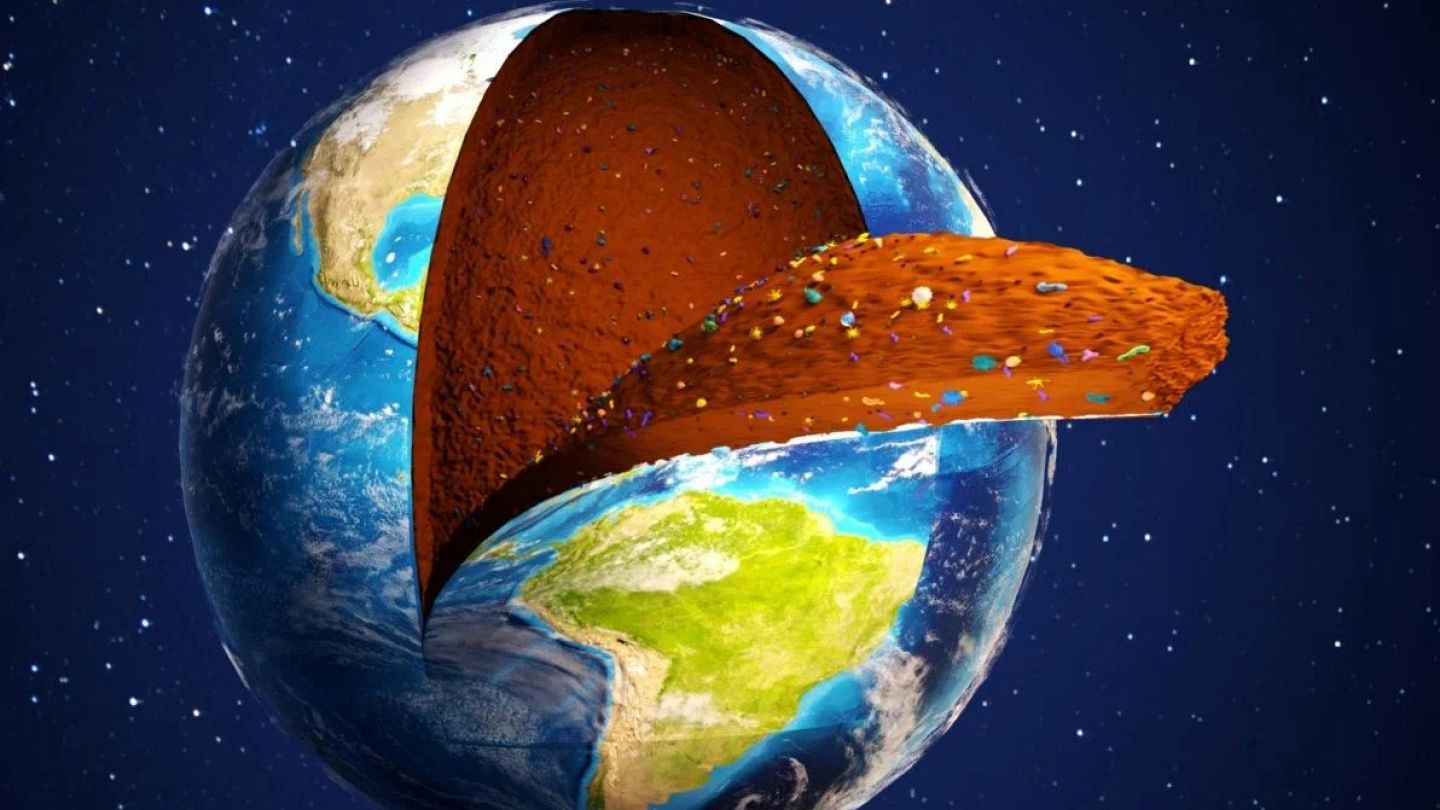New life forms have been discovered in the 'critical region' of the Earth.
Researchers have discovered a brand new category of primary microbes called CSP1-3 in this region.
Scientists have discovered a new microbial life form in the soil layers known as the "critical zone" of the Earth. The area with deep soil layers that allow for the increase of the planet's groundwater is referred to as the "critical zone." As water filters through this area, these microbes break down remaining pollutants, improving water quality. Researchers have identified a brand new category of primary microbes called CSP1-3 in this region. This new category was defined at depths of up to 21 meters in soil samples taken from both Iowa and China. The team extracted DNA from these deep soils and determined that the ancestors of CSP1-3 lived in water—hot springs and freshwater—millions of years ago. It was also found that the microbes were active. James Tiedje, a world-renowned expert in microbiology at Michigan State University, said, "Most people think these organisms behave like spores or are dormant. However, one of the most important findings from studying their DNA was that these microbes are active and growing slowly."
Going 210 meters deep The Critical Zone also plays a vital role in soil formation, nutrient cycling, and water regulation, which are essential processes for food production and ecosystem health. Since microbes are essential for life on Earth, understanding this newly discovered species can support conservation efforts and combat climate change. Speaking to SciTechDaily, Tiedje said, "The Critical Zone extends from the tops of trees down to about 210 meters deep into the soil. This area supports much of life on the planet because it regulates fundamental processes such as soil formation, water cycle, and nutrient cycle, which are critical for food production, water quality, and ecosystem health. Despite its importance, the deep Critical Zone represents a new frontier, as it is a relatively unexplored large part of the Earth."


